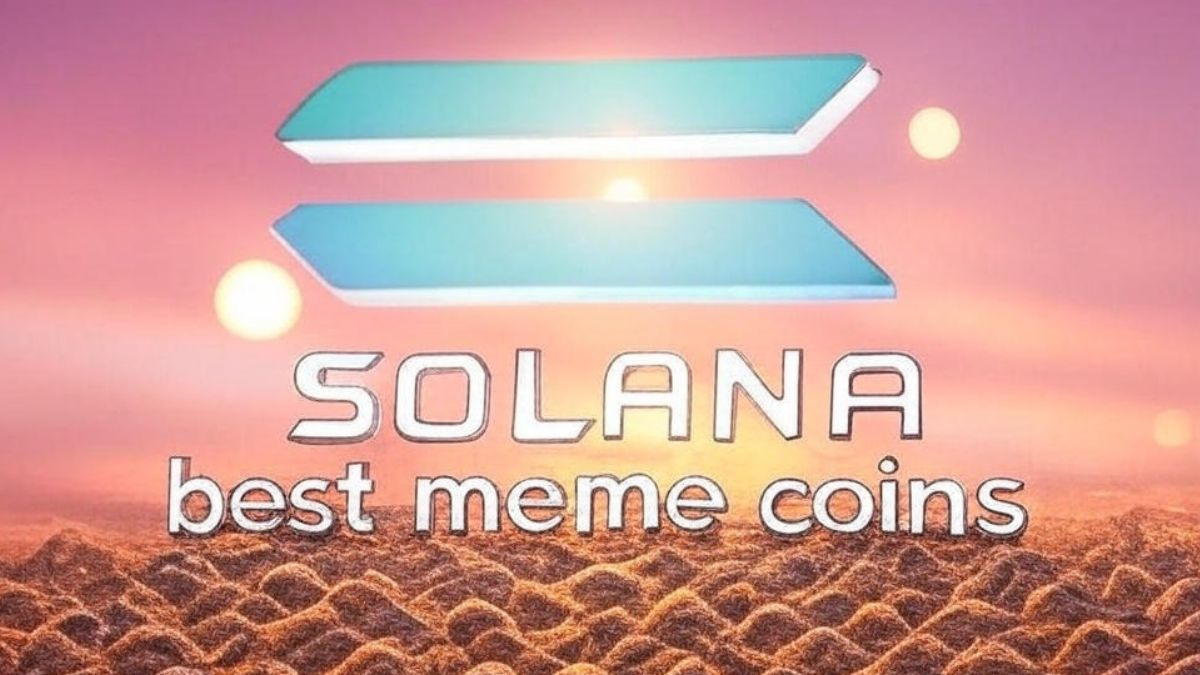The Blockchain Association and DeFi Education Fund have filed an amicus brief calling the U.S. Treasury Department’s decision to sanction Tornado Cash “unprecedented and unlawful.”
Until OFAC imposed sanctions, Tornado Cash was the most popular privacy-protecting tool on Ethereum, the world’s second-largest digital asset platform. The software is self-executing computer software published on the Ethereum blockchain, and it functions automatically without any human intervention or assistance.
Blockchain Association Takes On U.S. Treasury Over Tornado Cash Sanction
The filing argues that the decision to sanction Tornado Cash reflects a basic misunderstanding of the software and its workings. The protocol was the most popular privacy-protecting tool on Ethereum until the Office of Foreign Asset Control (OFAC) imposed sanctions.
The amicus brief highlights the importance of Tornado Cash as a tool for protecting the privacy of digital asset users. It argues that Americans are using digital assets more than ever, with 20 percent of American adults owning digital assets and 29 percent planning to buy or trade digital assets.
The brief also notes that software like Tornado Cash can be misused for illicit purposes but is primarily used for legitimate and socially valuable reasons. The filing further claims that the sanctions exceed OFAC’s statutory authority and result from “arbitrary-and-capricious decision-making.”
OFAC sanctioned the protocol on November 18, 2021, along with seven other entities, for their alleged involvement in facilitating ransomware payments. OFAC designated Tornado Cash as a “Specially Designated National” (SDN), meaning that U.S. persons are generally prohibited from engaging in transactions with or providing services to the protocol. The sanctions on Tornado Cash were imposed under Executive Order 13694, which targets the malicious cyber activities of individuals and entities.
As reported by Bitcoinist, Crypto think tank Coin Center has been one of the most vocal critics of the U.S. Treasury’s decision to impose sanctions on Tornado Cash. Coin Center argued that the sanctions on Tornado Cash were misguided and could have far-reaching consequences for the crypto industry.
Furthermore, Coin Center highlighted that Tornado Cash is an open-source protocol that allows users to mix Ethereum transactions to protect their privacy. While the platform could be used for illicit purposes, Coin Center argued that the same could be said for many other technologies, including cash and the internet.
Following the same line, cryptocurrency exchange Coinbase backed a group of plaintiffs who wanted sanctions imposed by the U.S. government against Tornado Cash to be removed. The plaintiffs, Joseph Van Loon, Tyler Al-meida, Alexandra Fisher, Preston Van Loon, Kevin Vitale, and Nate Welch, argue that the government cannot sanction Tornado Cash because it is “just software and, therefore, not a foreign national or person.”
The Blockchain Association and DeFi Education fund are leading nonprofit organizations dedicated to improving the policy environment for the digital asset economy and ensuring blockchain technology innovation can thrive. They work to educate policymakers, regulators, courts, and the public about the nature and benefits of blockchain technology and decentralized finance (DeFi).
The decision raises serious regulatory and constitutional questions that have wide-ranging effects on the blockchain ecosystem and the digital asset economy. This case could set a precedent for how governments regulate blockchain technology and decentralized finance, making it crucial for the court to consider the arguments presented in the brief fully.
Featured image from Unsplash, chart from TradingView.com
Credit: Source link















































